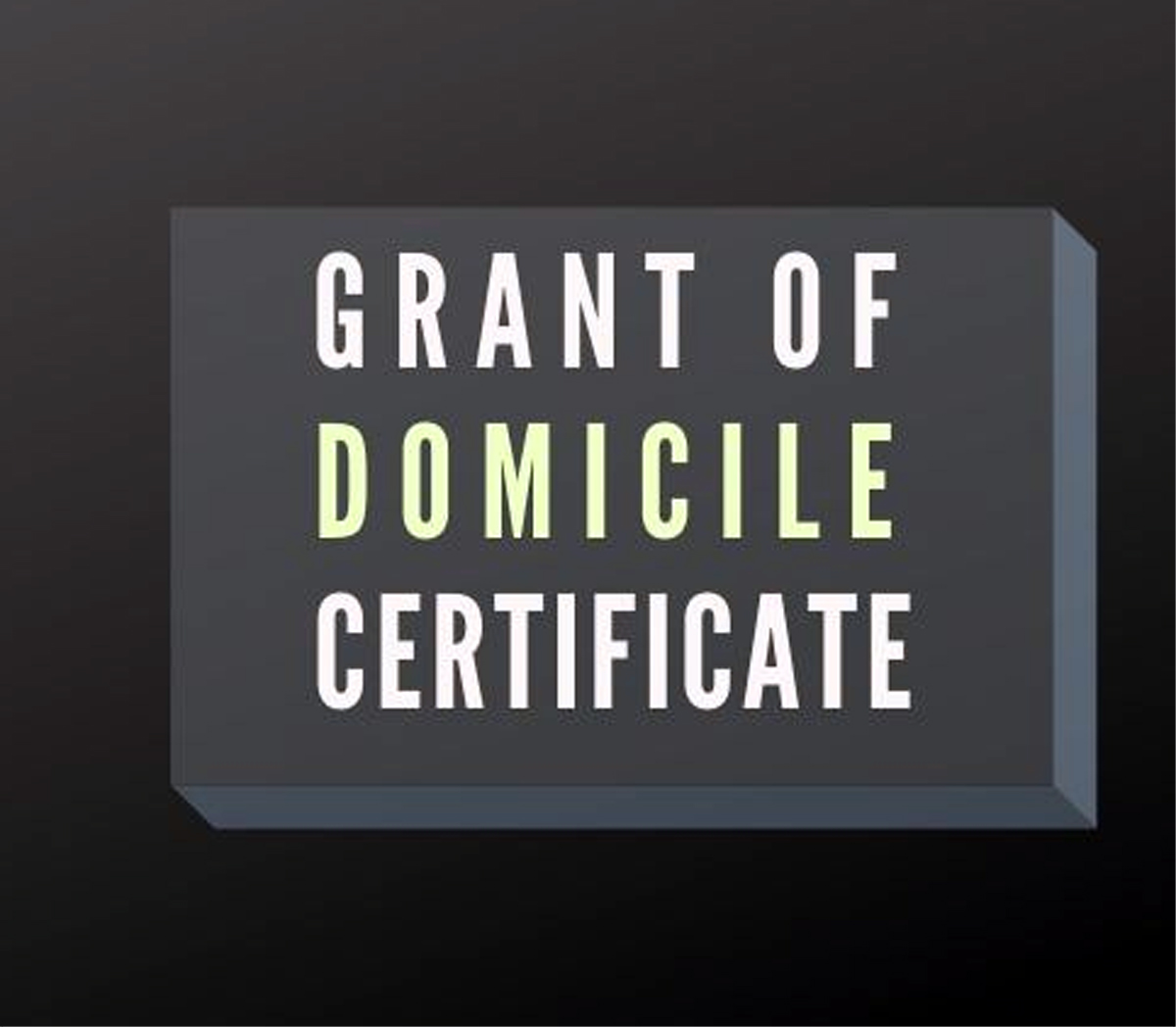FC Revenue assures redressal of grievances, speedy disposal
Nishikant Khajuria
JAMMU, Aug 26: Contrary to tall claims of Government over simplifying procedure for issuance of Domicile Certificates, different category people are facing difficulties to get this most sought document in Jammu and Kashmir Union Territory because of several flaws and confusions in the J&K Grant of Domicile Certificate (Procedure) Rules, 2020.
What to talk of others, even those who were otherwise eligible for getting Permanent Resident Certificate (PRC) are being denied the Domicile document as there is no provision in the Rules for issuance of the same to them.
Young women from outside the Union Territory of J&K, recently married here, are the worst affected as the concerned authorities are not issuing them Domicile Certificate because they have not completed mandatory 15 years of their stay in J&K.
As per the J&K Grant of Domicile Certificate (Procedure) Rules, 2020 , there is no provision under which such women from outside the Union Territory married here after 2005 may be issued the Domicile Certificate and hence a number of such applications are pending in the offices of the concerned Tehsildars, official sources told the Excelsior.
Majority of such cases are in Jammu division, particularly Kathua and Samba districts where a number of women from Punjab and Himachal Pradesh are married here, sources added.
” We have been running from pillar to post but the Tehsildar is not issuing us Domicile Certificate, which is urgently required to submit application form for the Government jobs recently advertized by the Service Selection Board,” said father in-law of a newly married woman in Kathua district.
Pertinent to mention that such women from outside J&K, married here, were eligible for getting PRC but under the Domicile Rules, there is no clarity on their status thus depriving a number of young women from applying for Government jobs in the Union Territory.
When contacted, Financial Commissioner, Revenue, Dr Pawan Kotwal confirmed that there was no provision in the Rules, under which such women may be granted the Domicile Certificate. “Grievance of such applicants is very genuine since they were earlier entitled for PRC. Let they submit a formal representation to the concerned Deputy Commissioner so that appropriate action may be taken by the Government after affecting necessary amendment in the Rules,” he told the Excelsior.
However, according to the sources, this is not the only ambiguity in the Domicile Rules, which are full of confusions and thus desisting the Competent Authority to issue the Domicile Certificate to even genuine applicants.
There is no clarification about issuance of Domicile Certificate to the women who are married outside Jammu Kashmir and presently staying in other parts of India but have Permanent Resident Certificates. “If Domicile is issued to them, then what address they should mentioned in their application forms? Whether it should be address of their parental house or address of their husband’s house? There is no clarity on the same and thus we can’t proceed on such applications,” explained an officer on the condition of anonymity.
Similarly, the online issuance of Domicile Certificates has also some deficiencies which need rectification. Rule 6 of Domicile Act says that after holding such enquiry as the competent authority may deem expedient and on the basis of documents furnished by the applicant under the rule 5, the Competent Authority shall either issue Domicile Certificate in Form “B” to the applicant bearing its seal and signatures or reject the same within a period of 15 working days.”
“However, in online system of issuance of Domicile Certificate, it is not possible to do enquiry as the applicant does not present himself before the competent authority and hence it is not possible to enquire about his credentials,” said another Revenue officer, adding that the competent authority who has responsibility to issue this certificate never comes in contact with the applicant.
“It has no mechanism to find out whether the applicant is using his own documents and photographs to get the domicile certificate in his favour or not. There is possibility that exemption from physical verification can be a cause for threat to national security as anti national and anti social elements can use the documents of some other persons and apply for Domicile Certificate with their own photograph. In this way, they will be successful to conceal their identity and can get another identity,” he further explained and stressed that physical verification of the applicant should be therefore made mandatory for issuance of Domicile Certificate. He also admitted of discouraging the online system of issuance of Domicile Certificates because of this very reason.
However, FC Revenue Dr Pawan Kotwal reiterated that the Government was committed for hassle free issuance of Domicile Certificates to all the eligible persons through offline as well as online mode, depending upon choice of the applicant. “The process has been further simplified and also the time limit for issuing Domicile Certificate to PRC holders and migrants has been reduced from earlier 15 days to 5 days for only to help the applicants,” he said and added that the Government was also open to make necessary amendments in the Rule as and when required for ensuring that genuine applicants may not suffer.
Trending Now
E-Paper


